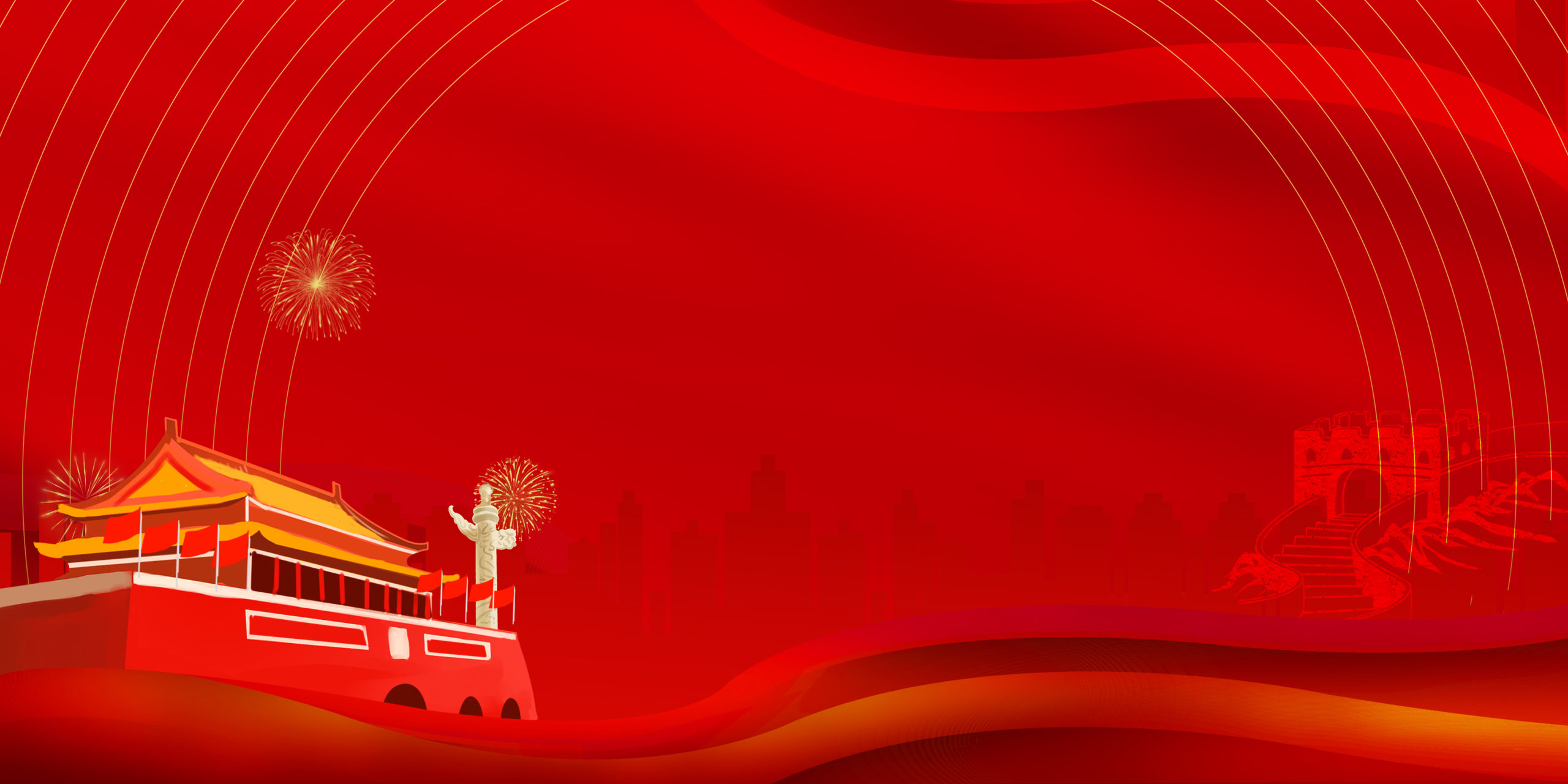When Chinese people in 1989 and 2020 talking about their dream, is it the same one?
Yan Dong has just finished decorating his new house. This is the second house he has bought in Nanjing, one of the richest city in China. His only daughter is a junior student in a university near home. The house will be her graduation gift.
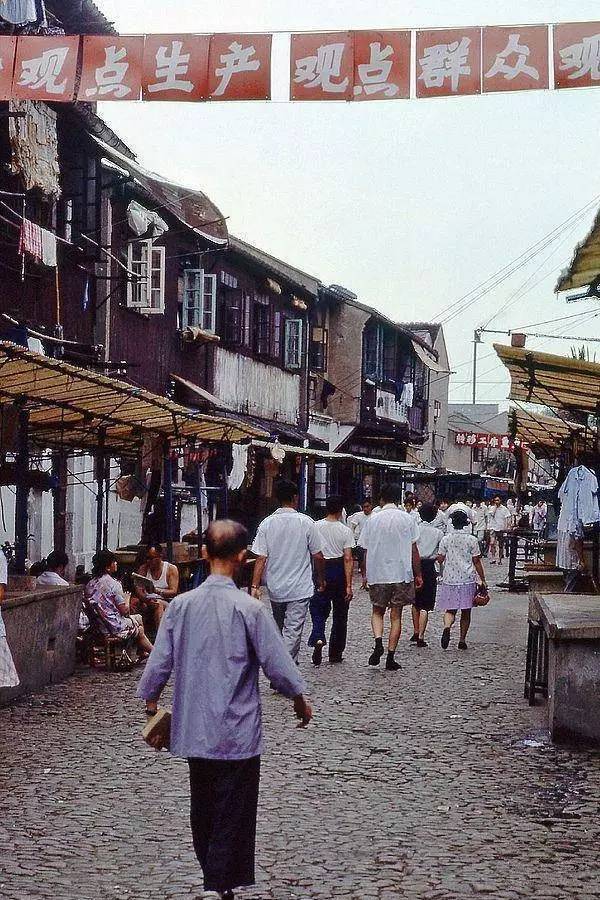
In China, it is common for parents to provide the resident for their children. But that is not easy decades ago when almost all of the Chinese people were still struggling for food. It was normal for a family of 6 to 9 people being crammed into a small bungalow below 50㎡.
Yan Dong was born into an official’s home, but even though his family was not rich– an activity like watching a film was luxury. Poverty is the deepest memory of Yan’s generation. Many of his classmates were worse than Yan. They did not have any decent stuff to eat while pickled vegetables were the common food for them. Malnutrition was not rare at that time. “People then are generally sallow and lean”.
For Yan Dong, who has spanned two different centuries, today’s life cannot let him forget the old time. Some 30 years ago, he studied in a northern city. It was so cold in winter that even now news can be frequently heard that drunken people died outdoors.
One day before the Chinese New Year, the streets of Qiqihar city were almost empty. Yan Dong met an old guy whose clothes were in tatters carrying a vegetable basket and still doing business outside. He had a lot of vegetables left to sell, while his hands were red because of the cold wind. “It should be the time he is united with his family”.
Sadness overthrew Yan’s mind and he bought all of those vegetable and let the old man go back home before dark. For so many years, Yan has been recalling that day from time to time. “I felt so cold inside.” At the first time, Yan Dong had heavy doubts about his country. He felt sorry for those poor people.
Yan’s father was a Communist Party member, but Yan gave up all of the chances to join the Party like him. “I was a young cynic then”. For a long time, Yan disliked his father who was a local official. He didn’t return to his hometown for years after graduating from college.
However, over the past decade or so, Yan Dong’s mind has gradually changed. His wealth continues to grow, as does China’s GDP. In May 2008, Yan Dong’s mood hit rock bottom when a horrible earthquake claimed 70,000 lives. But in August of the same year, a big event cheered him up. Yan spent an unforgettable night in “Bird’s Nest”. Amid the fireworks and the dazzling Beijing Olympics opening ceremony, Yan suddenly felt the profound changes of his motherland. And that was only a signal.
For many Chinese people, the Beijing Olympics are a vivid starting point for China’s take-off. The following year, Yan Dong took his 12-year-old daughter to see China’s unprecedented world expo in Shanghai. At that time, Shanghai was already known as the “magic city”.
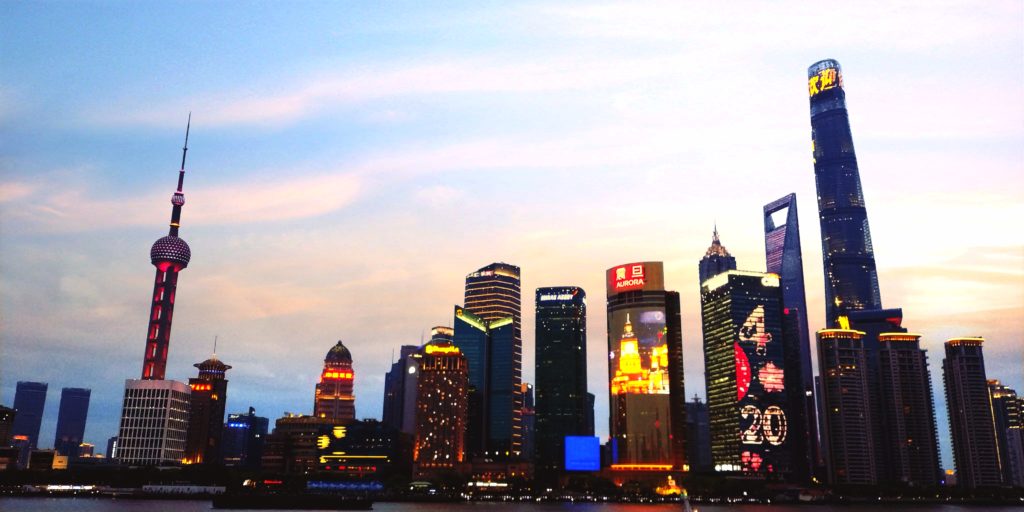
In the same year, 2010, China overtook Japan to become the world’s second-largest economy. In 2012, two years later, President Xi proposed the concept of “Chinese Dream”. “The rejuvenation of the Chinese nation is our greatest Chinese dream in the 21st century,” Xi said with a confident smile. In particular, he used the term ” rejuvenation ” as in his view, China has been standing in the world for thousands of years, and now it is time to return to her former position.
However, at the beginning of this century, self-doubt was still widespread and few people would like to buy the so-called dream. One day in 2006, someone called Xue Lian predicted that China’s GDP would surpass Japan’s by 2030 in a networking forum. The comment section was filled with mocking voice—the netizens thought this man is crazy. People then could not imagine that this guy’s prediction would come true only 4 years later, two decades in advance.
Such pessimism has a long history in China. Let’s be back to 1840: British army shattered the Chinese dream of being a “Celestial Empire”. For the first time, Chinese people who thought they are the centre of the whole world started to realize that they had been backward. This kind of feeling, unfortunately, lasted for more than a century. The European powers carved up Chinese territory like cutting a cake.
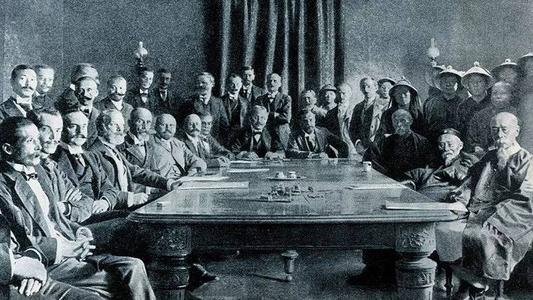
Among all of those countries, the biggest source of frustration for Chinese people came from Japan. For thousands of years, Japan was nothing but a barbarian island to its huge neighbour. In the war between Qing dynasty and Japan in 1894, however, China’s navy was annihilated. Then the last dignity and courage of this empire collapsed. Scholars in the early 20th century even advocated the abolition of Chinese characters, one of the oldest written language on this planet. Many people thought Chinese culture has become a drag rather than a fortune to the nation.
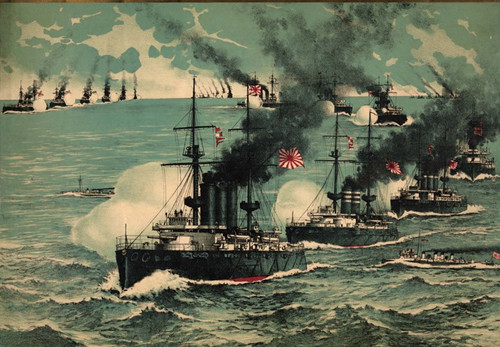
This kind of inferiority complex changed after the victory over Japan in 1945 but a few years later the happiness turned to madness. Mao, in 1958, called on people to overtake the UK within 15 years and the US within 50—which was called “Great Leap Forward” by historians. For this unrealistic dream, millions of people smashed their woks and threw them into the furnaces. They believed that the steel would eventually turn into bullets, tanks and jets.
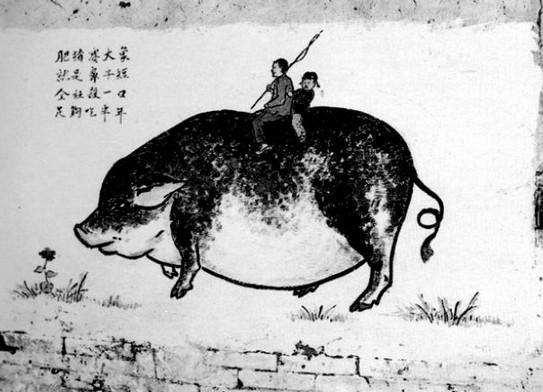
Not long after the “Great Leap Forward” period, Political infighting within the Chinese Communist Party plunged the country into a more terrifying situation. Encouraged by Mao, Chinese people stopped working and focused on the real “business”—monitoring each other and show the absolute loyal to Mao. This event is named the Cultural Revolution.
After all of these ridiculous things ended, Chinese people woke up finding that they seemed have done a lot but still hungry and poor, let alone catch up the developed countries. Frustration peaked in the 1980s when both the government and the public became suspicious of their political system.
In 1989 this frustration boiled over into mass protests across the country. Although the protests were quickly crushed by force, it seemed reasonable to believe that the flame of revolution is still burning. Similar stories have been told too many times in China’s history. China’s first empire Qin successfully suppressed dozens of insurrections but was still eventually destroyed by the rebel armies.

But history did not repeat itself. There have not been protests on such scale in mainland China over 30 years. During the Hong Kong protests in 2019, the mainland people were indifferent and Hong Kongers fought lonely till the end. However, it’s worth mentioning that back to 1989 when the mainland people stood up against the Chinese government, Hong kongers gave them a lot of help and encouragement. So, what happened in merely 30 years?
For farmer Ai Fang, the Communist Party is her saviour. She was born in a remote village in Anhui province and had a bitter memory begging for food. In 2000, Anhui took the lead in abolishing the agricultural taxes. After six years, Ai Fang and her husband built their first house. In the same year, her daughter graduated from high school—Ai Fang herself has never got the chance for education.
In 2007, Ai Fang’s village built the first highway and now it is even building a high-speed railway. For Ai Fang, everything is changing fast and beyond her comprehension—the only thing she could thank for is the Party. Ai Fang’s village has a population of about 3,000 and these neighbours have a similar experience, which can be told from the new decent buildings in the village. “It has been a long time since we heard of people starving to death.”
Ai Fang is an ordinary farmer among 500 million agricultural population in China. As for Yan Dong, he belongs to the middle class which populate more than 100 million. They don’t really have any similarities but on one thing they have the same opinion: the Communist Party created the miracle.
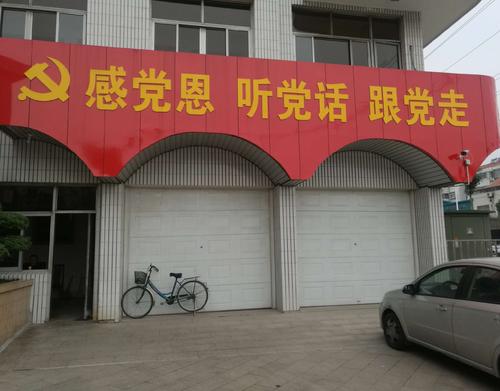
“You can only do great things by concentrating your strength” — a Communist slogan that Yan Dong once thought was just propaganda. But now he really believes in it and interprets his cynicism as ignorance. Yan is even encouraging his daughter to become a government employee.
With the rapid development of economy, Chinese people seem to regain the confidence lost a century ago. Indeed, sci-fi skyscrapers, lightening high-speed trains and money in the pockets are more inspiring than any slogans. Twenty years ago, Yan Dong was shocked by the bustling commercial streets when he travelled to Europe, Japan and Taiwan, but “such scenes can already be seen everywhere in Chinese cities”.
What happened in 1989 is vague and distant for Yan Dong’s daughter Si Qi who was born in 1998. While she was impressed by Tian An Men Square indeed, where she watched the flag-raising ceremony on China’s National Day. She can’t forget the huge floating national flag and the countless pigeons flying over her head. And the most important, “those soldiers are really handsome.”
The Event of Tian An Men Square remains a sensitive topic in China. Young people like Si Qi have never heard of it. They are living in a country where every day is changing. Si is a starstruck. Compared with flying all over the country to see her idol’s concert, she is not interested in politic or history at all.
Unlike the gradual decline of the Qing dynasty after 1840, the new China in the 21st century is at sunrise. Have Chinese people forgotten those students in 1989?
In 2020, Corona-19 took many lives, while in February the death of a doctor triggered an Internet earthquake in China. The doctor named Li Wenliang, and he was the first one warning that a SARS-level virus will break out. But the police admonished Li and forced him to write a self-criticism.

After Li died, Chinese people regarded him as a whistleblower, a hero. Angry about Li being unfairly treated, Chinese netizens erupted at the moment of Li’s death. People are so mad that the network police could not even delete all of the “negative” comments immediately.
Very similar to the 1989 protests, right? The even of 1989 began with the death of a certain person as well. His name is Hu Yaobang, a famous leader who support liberals. People then regarded him as the hope of China’s moving towards democratization and liberalization. At this time, some thought that Li’s death would arouse people’s consciousness of resistance again.
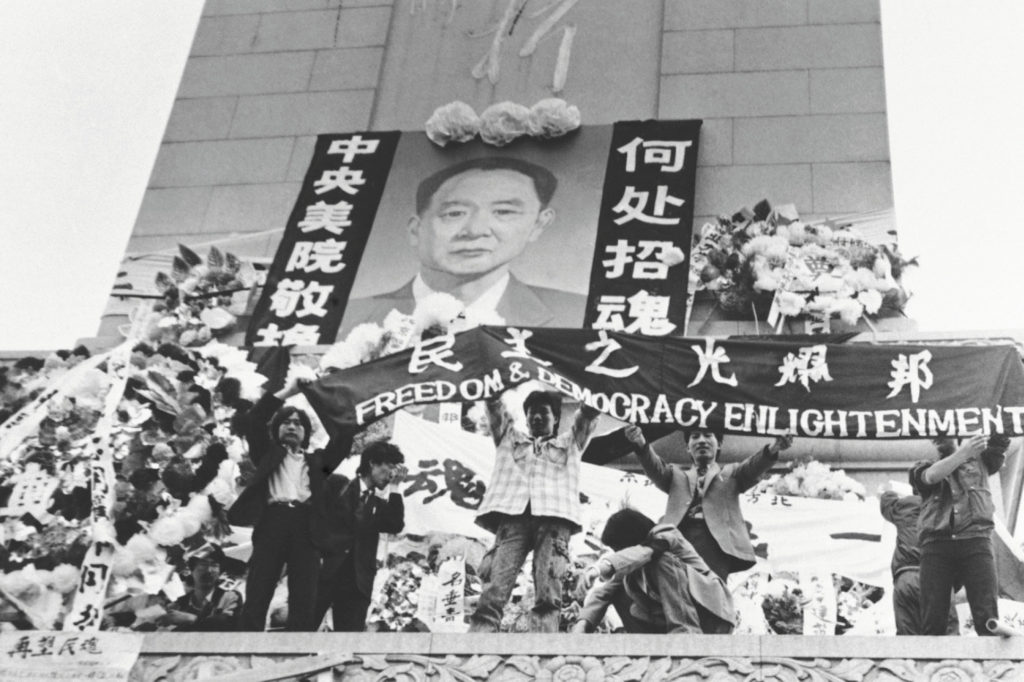
However, only two months later, the plot took a turn. After the epidemic spread around the whole world, the performance of many nations has been eye-popping. Chinese people started to wonder why the “developed” countries did such an awful job in controlling the virus. Jin Canrong, from Renmin University, feel disappointed about the Western governments. “They wasted at least 30 days… This is precious time that China has bought at a heavy price”.
Suddenly, public opinion on the Chinese Internet shifted. Countries like the UK and the US were held up as negative examples. On the contrary, a “strong” government calmed Chinese people down as it’s able to build new hospitals and organize everything immediately. Wu Tong is a Shanghai girl. In April she called her British friend to come back China, ” the motherland is the safest place right now.” Chinese people abroad have received medical supplies from the Chinese government. When the facial mask is hard to be found in the UK, each Chinese student has got more than 200 masks delivered from China. In Chinese social media, there have been thousands of bogs from the students abroad expressing their thanks to the motherland.
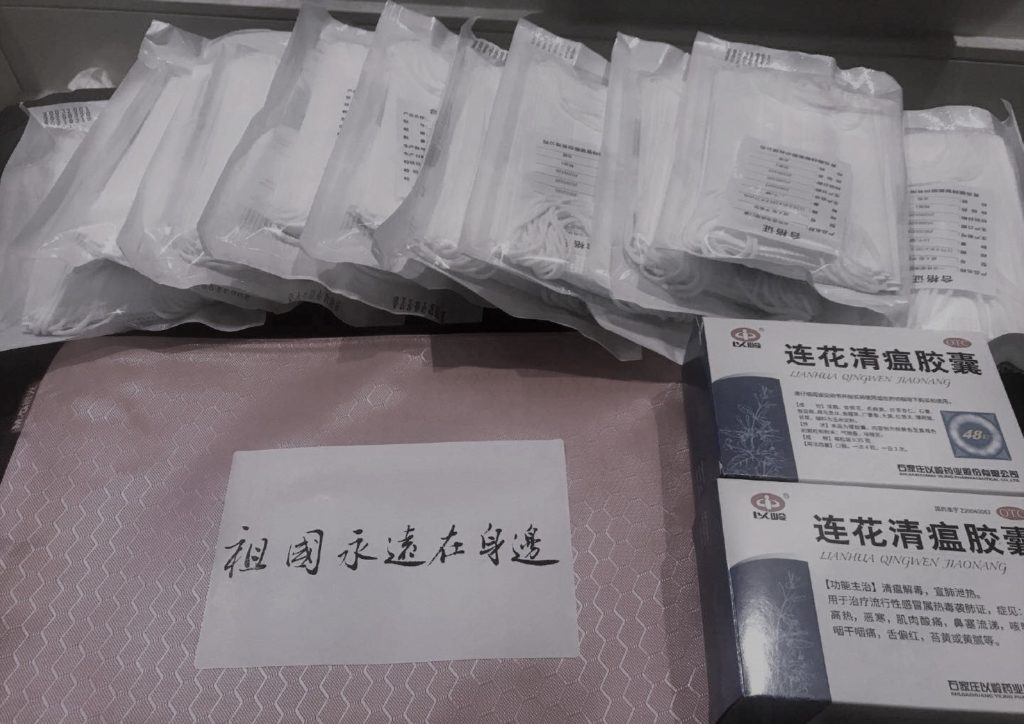
“Disharmonious voices” disappeared. Instead, nationalism in China flared up. When China controlled the situation and started helping other nations, the United States, by contrast, has become the worst affected region in the world. And meanwhile, the massive anti-racist protests flared up again. “Do democracy and freedom really work?” Chinese netizens couldn’t help asking.
“If people have enough food supply stored in granaries, they will pay attention to etiquettes. If people are not short of food and clothes, they will lay stress on the sense of honour and shame”, comes from a Chinese book 2600 years ago. People like to use it showing that the economic foundation is the premise of the superstructure. In China, there has been an opinion that democracy is not a problem as when people get rich, the 1989 revolution would succeed at last.
However, this kind of logic has not come true in China. Instead, a different logic of Chinese history seems more in tune with present realities—a well-fed people would not resist. Looking back to 1989, there was another fact which cannot be neglected: people who asked for reform were still poor. A Chinese saying goes, “Where there is nothing to lose, there is nothing to fear”.
Zhao Xianjun who works in a local government argues that: There has been a characteristic of China since modern times, no matter what doctrine or theory, the essence is to pay attention to performance. As China’s economy takes off, western-style democracy will gradually lose its market.
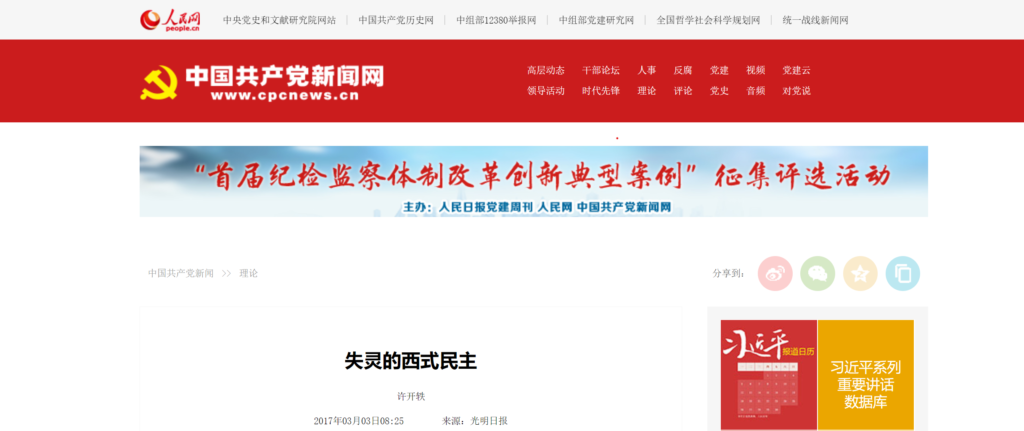
Compared with 1989, the international situation has also undergone great changes in recent years. More and more countries pursue anti-globalization and trade protectionism. In the context of the Trade War, there’s a tendency that democracy and freedom being stigmatized in China. “Imperialism has never given up the wild ambition to subjugate us,” Mao-era’s slogan is popular on the internet again.
In 1989, Beijing people went out on the streets against their government; In 2020, people in Chengdu province gathered together as well. But this time they are not asking for freedom or democracy. July 2020, frictions between China and the United States further escalated. After the Chinese embassy in Houston closed by the US, China closed the US embassy in Chengdu in retaliation. Chengdu people went to witness the very moment. Some of them even brought fireworks to celebrate.
Scholars like Jin Canrong thinks that the Trade War between the two super countries would become the main theme of the next decades. “Chinese people should be confident, China is not like 100 years ago anymore.”
However, no matter is winning the new war or lets China be back to the top of the world, the Chinese dream in 2020 is obviously different from the 1989’s.
